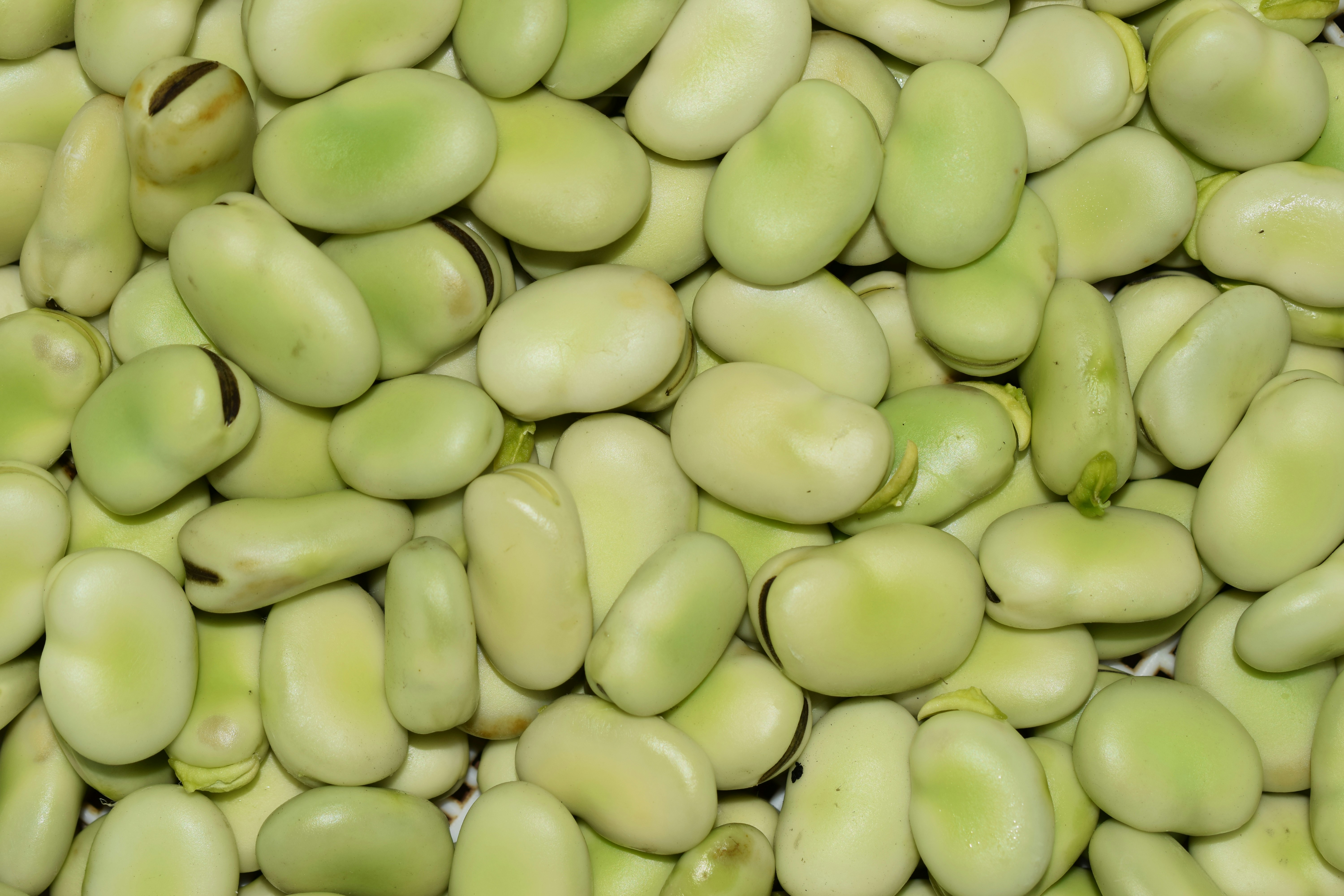Broad beans, also known as fava beans, are a classic example of British seasonal produce that deserves a spot in your garden and on your plate. These vibrant green legumes are not only a delight to grow but also pack a punch when it comes to nutritional benefits. From improving brain function to aiding weight loss, broad beans are a powerhouse of health benefits that can enhance your overall well-being.
The Nutritional Powerhouse
Broad beans are incredibly nutritious, offering a rich source of plant-based protein, fiber, and essential vitamins and minerals. A single cup of cooked broad beans provides approximately 13 grams of protein and 9 grams of fiber, making them an excellent choice for those following a plant-based diet or looking to increase their protein intake. They are also rich in folate, iron, magnesium, and vitamins B and C, which are crucial for various bodily functions, including nerve and blood cell development, cognitive function, and energy production.
Health Benefits of Broad Beans
1. Brain Function and Cognitive Health
Broad beans are rich in folate and B vitamins, which are essential for brain health and cognitive function. Folate helps in the production of DNA and RNA, the body's genetic material, and is particularly important during periods of rapid growth such as pregnancy and infancy. Additionally, the presence of levodopa (L-dopa) in broad beans can help improve symptoms of Parkinson’s disease by increasing dopamine levels in the brain.
2. Heart Health
The high fiber content in broad beans can help lower cholesterol levels, reducing the risk of heart disease. Soluble fiber, in particular, binds with cholesterol in the digestive system and helps remove it from the body. Moreover, broad beans are rich in magnesium and potassium, which help relax blood vessels and maintain healthy blood pressure levels.
3. Weight Management
Broad beans are low in calories but high in protein and fiber, making them an excellent food for weight management. The protein and fiber content helps you feel full for longer, reducing overall calorie intake and aiding in weight loss. Studies have shown that diets high in protein and fiber can significantly reduce body weight and improve satiety.
4. Bone Health
Broad beans are a good source of manganese, a mineral that plays a crucial role in bone formation and maintenance. Adequate manganese intake can help prevent bone-related disorders such as osteoporosis. Additionally, the presence of other minerals like magnesium and copper further supports bone health.
Culinary Uses and Preparation
Broad beans are versatile and can be used in a variety of dishes. Young beans can be eaten raw or lightly cooked, making them a great addition to summer salads. As the season progresses, larger beans can be blanched and added to stews, soups, or mashed for a twist on traditional dishes like falafel and hummus. Here’s a simple and delicious recipe to get you started:
Growing Your Own Broad Beans
Growing broad beans is relatively easy and rewarding. They thrive in well-drained soil and a sunny location. Plant the seeds in early spring, and you can expect to harvest by late spring or early summer. Regular watering and occasional feeding with a balanced fertilizer will ensure a bountiful crop.
Incorporating broad beans into your diet can provide numerous health benefits, from improved brain function and heart health to aiding in weight management and bone health. Their versatility in the kitchen and ease of growing make them a valuable addition to any garden and meal plan. So, why not start growing and enjoying the goodness of homegrown broad beans today?















